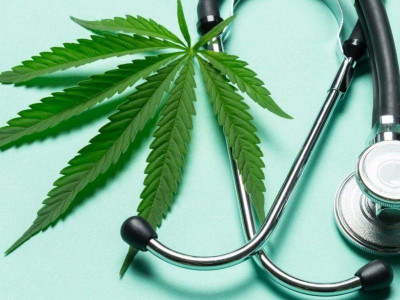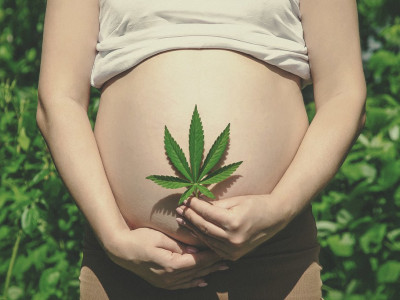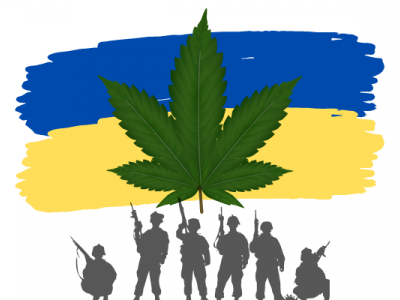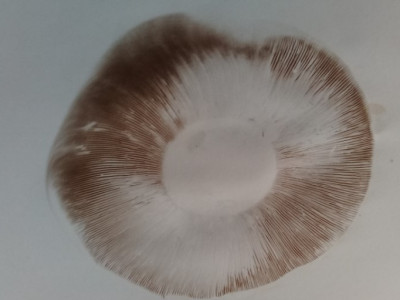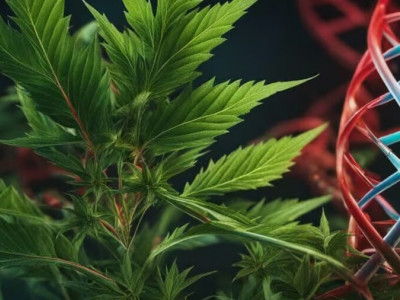0.00 грн.
CheckoutHelp with psychological rehabilitation after a stay in the ATO
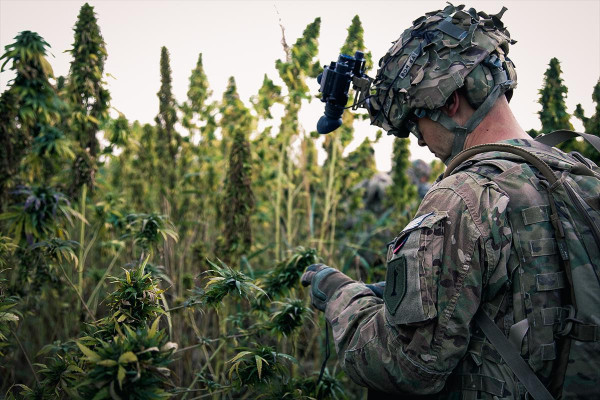
For those who have spent their entire lives in civilian life, it is difficult to imagine the state of a military man who has returned from a hot spot. That is why not everyone is able to understand why he takes marijuana to recover physically or psychologically. Today, Coffeeshop® decided to take up this controversial topic to showcase one of the options to help combat post-traumatic stress disorder (PTSD) in the military.
Help yourself - how former military personnel live in civilian life
Few shares the experience of using recreational cannabis, but there are still daredevils. These are the people who have experienced serious upheavals, and they are no longer afraid of the consequences of bans sucked from the finger. We retell the story of a former military man who survived the ATO, 12 operations and an amputation.
Our hero volunteered for the war at the age of 29 and today is a veteran of the ATO. During the service, he was blown up by a mine, ended up in a military hospital, experienced a series of difficult operations and lost his leg.
Now he needs crutches and a prosthesis to get around. The latter is traditionally made of a dense material, therefore it does not change its shape or volume, which is why by the end of the day it inevitably begins to rub. Any movement turns into a serious test. A person requires much more time and effort to overcome even a small distance and perform actions that ordinary people do not think about.
In Ukraine, the environment is poorly adapted for people with disabilities:
- few where there are ramps;
- there are practically no lifts anywhere;
- even people are skeptical and not always able to adequately respond to a person with a disability.
With physical limitations, it is more difficult to find a job, enjoy the benefits of civilization, and find contact with other people.
Marijuana is used to combat these problems. It allows you to dispel stress, eliminates pain, improves mood, distracts from oppressive thoughts and helps to cope with PTSD. According to statistics, 95% of the military suffers from post-traumatic disorder, and 98% of families break up from it. Marijuana allows you to reduce stress levels and fight many psychological diseases, which means that people return the chance for a fulfilling life.
None of the former military is afraid of becoming a drug addict. During 12 operations, our hero received so many drugs and experienced all the complexities of the effects of opiates that the negative consequences of using marijuana seem to be just whims.
Some military personnel admit that they often have to resort to the help of marijuana on the battlefield. Many fears, anxiety, and panic conditions cannot be overcome on their own. Physical ailments are also added to them. For example, if you wear a bulletproof vest for more than four hours a day, your back simply cannot stand it - protrusions and hernias develop. This is just one of the million components of the everyday life of a soldier.
Israeli experience in combating PTSD in former military
The legal status of marijuana in Ukraine is unambiguous - it is included in the list of prohibited substances, is called the "drug of entry", is prohibited for use, and its distribution is prosecuted at the legislative level. But not all countries treat this issue so unequivocally.
Israeli scientists and doctors are actively practicing the treatment of PTSD with cannabis. It was in Israel that the first experiments were carried out: marijuana seeds were bought, medical cannabis bushes were grown and used as an everyday relaxing remedy. Today, the results of Israeli research allow us to hope that one day the world will become more open to the new and will give marijuana a chance to help people where both psychologists and the state are powerless.
